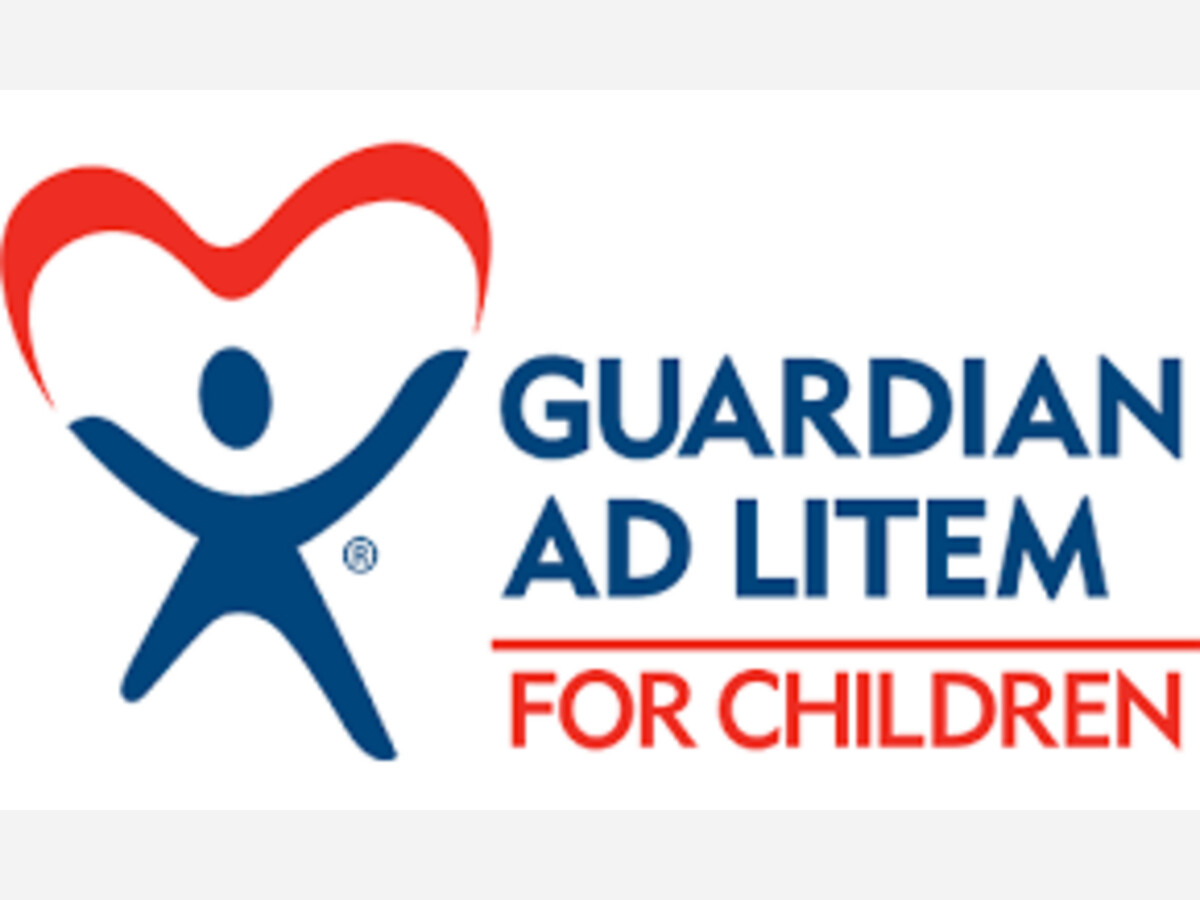Image


In the complex and often challenging world of child welfare, ensuring that the voices of children are heard and their best interests are prioritized is of utmost importance. The Florida Guardian Ad Litem Program stands as a beacon of hope and advocacy for children navigating the foster care system. This volunteer program plays a crucial role in providing a voice for those who may otherwise go unheard.
Background:
Established in 1980, the Florida Guardian Ad Litem Program operates under the Office of the Statewide Guardian Ad Litem Program, a part of the Florida Department of Children and Families. The primary mission of the program is to advocate for the best interests of abused, neglected, or abandoned children involved in dependency court proceedings.
Key Objectives:
Impact and Success Stories:
Over the years, the Florida Guardian Ad Litem Program has made a significant impact on the lives of countless children. By providing a voice in the legal system, GAL volunteers contribute to better outcomes for children in foster care. Success stories highlight instances where children have found permanent, loving homes, excelled academically, and overcome challenges with the support of their Guardian Ad Litem.
Challenges and Opportunities:
While the program has achieved commendable success, it faces challenges such as a shortage of volunteers and resources. Increased awareness, community involvement, and support are essential to overcoming these challenges and ensuring that every child in the foster care system receives the advocacy they deserve.
Conclusion:
The Florida Guardian Ad Litem Program stands as a vital pillar in the child welfare system, advocating for the rights and well-being of vulnerable children. By empowering voices, building relationships, and tirelessly working to ensure the best interests of the child, GAL volunteers contribute to a brighter future for those in need. As we recognize the importance of their work, it becomes crucial to support and strengthen programs like these, fostering a society where every child's voice is heard and valued.